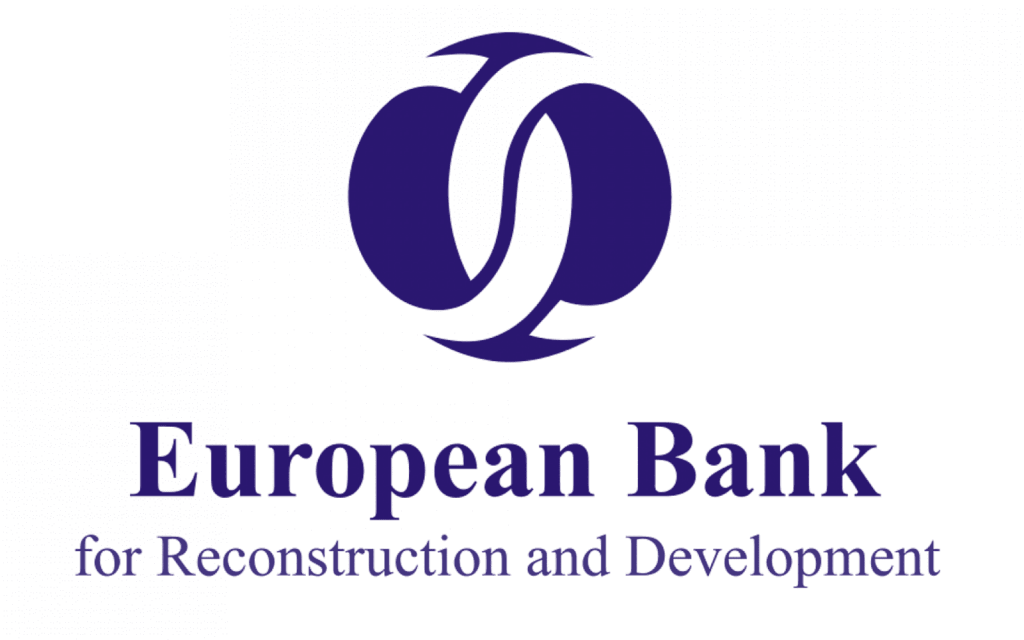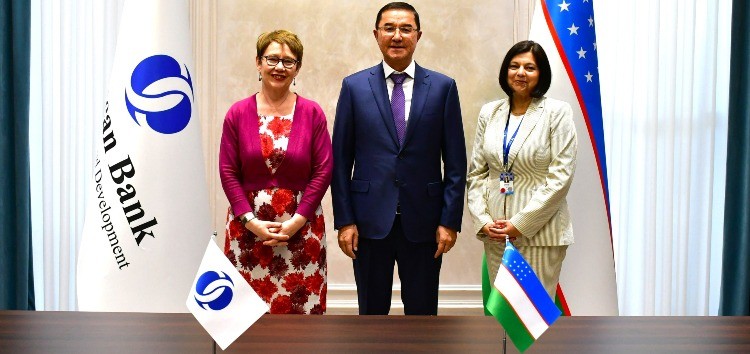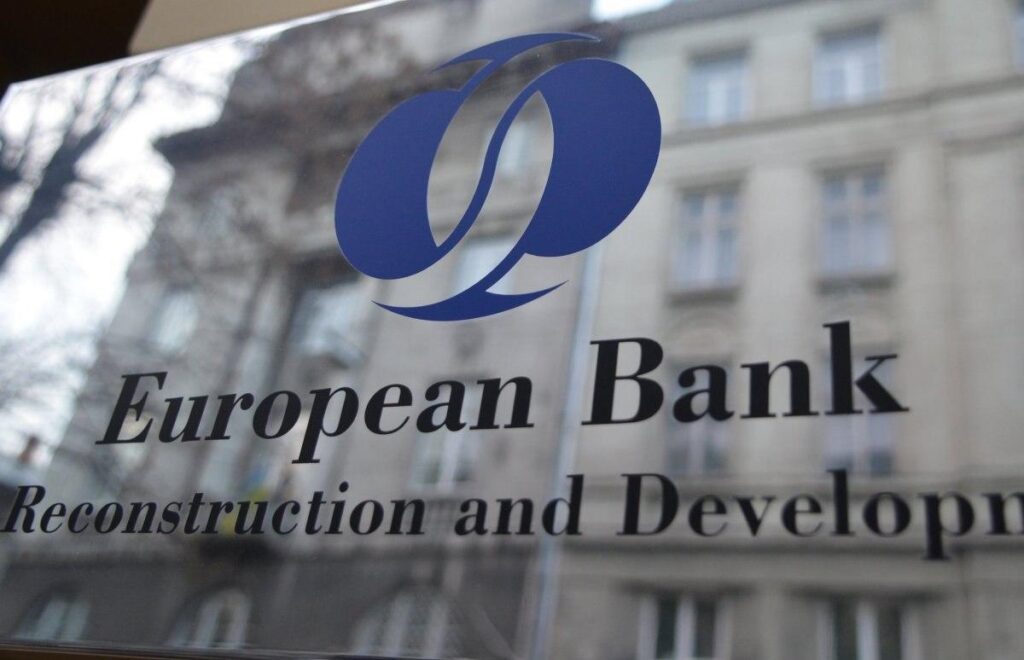EBRD Plans to Double Investments in Kazakhstan in 2024
Kazakhstan's Deputy Prime Minister, Nurlan Baibazarov, met with Hussein Ozkhan, the Acting Managing Director of the European Bank for Reconstruction and Development (EBRD) for Central Asia and Mongolia, it has been reported. The meeting discussed the status of current projects and EBRD's plans to finance new initiatives. Special attention was paid to attracting investments for Kazakhstan's sustainable socio-economic development. Ozkhan said the bank plans to double its investments in Kazakhstan's economy this year. In particular, the EBRD is developing a significant project with Kazakhstan's power grid management company, KEGOC, which aims to improve the reliability of electricity supply in the country’s western regions. The largest territorial project, the construction of new sewage treatment facilities in Aktobe, was signed earlier. Funds have also been allocated for constructing new production facilities for Araltuz JSC, a leading producer of table salt, and support for women's and youth entrepreneurship. In June 2024, ahead of schedule, the new passenger terminal of Almaty Airport opened, also financed by the EBRD. The bank also participated in the IPO of the national air carrier Air Astana. Baibazarov emphasized that Kazakhstan intends to expand cooperation with the EBRD at national and regional levels, supporting the bank's desire to invest in the private sector. "Our country is ready for mutually beneficial work with the EBRD to attract investment for the implementation of projects in energy, transport and logistics, the development of renewable energy and private business," the Deputy Prime Minister said. Since the beginning of cooperation with Kazakhstan, the EBRD has invested €10.2 billion in the country's economy through 324 projects. The bank's project portfolio in Kazakhstan currently includes 121 projects worth more than €2.9 billion.






